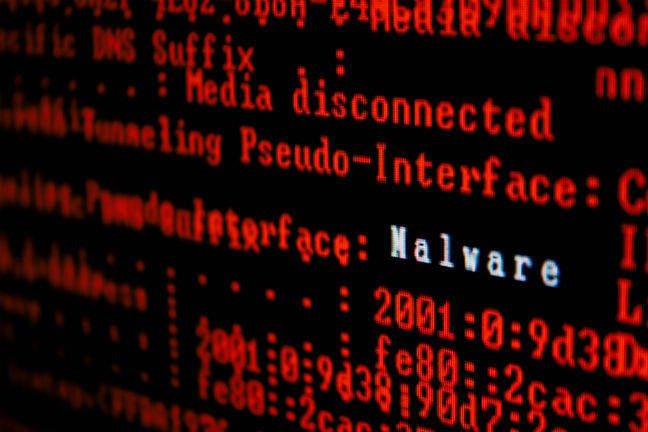
Data-stealing Mac malware XCSSET returns with fresh tricks
Known for popping zero-days of yesteryear, Microsoft puts Apple devs on high alert
It's not very often you see this type of thing so i thought it was worth posting.

Given the uptick in demand for Apple devices over the years, Apple based malware/ransomware is rapidly increasing with it unfortunately; 20-25 new cases last year alone.
Data-stealing Mac malware XCSSET returns with fresh tricks
Known for popping zero-days of yesteryear, Microsoft puts Apple devs on high alertwww.theregister.com
It's not very often you see this type of thing so i thought it was worth posting.
Cheers for that, I will check that out.Given the uptick in demand for Apple devices over the years, Apple based malware/ransomware is rapidly increasing with it unfortunately; 20-25 new cases last year alone.
If you're remotely interested in Apple based malware/security then Patrick Wardle is always worth a follow on socials and similarly, his yearly round-up is always a good read - 2024's https://objective-see.org/blog/blog_0x7D.html.
Someone wanted to run a 2012 Mac mini server in our data centre, one that had been sitting on a LAN previously with the team’s iMacs and accessed with no share permissions. OS out of final support over 5 years ago too.One thing I notice about (some) Apple users is that they still use old versions of macOS or iOS because they don't like the new versions but this means that they don't get all the security patches that are included with newer versions and puts them at high risk of being compromised.
It is the same with Linux and Windows. If you are not installing updates you are at very high risk.
If a version MacOS is still receiving security updates then i don't see any issue. Plus, it's worth noting that a vulnerability in one major, say 15 (Sequoia), may not affect another, like 13 (Ventura), which is why you'll see patches/fixes in a security update for one (major) version and not another.One thing I notice about (some) Apple users is that they still use old versions of macOS or iOS because they don't like the new versions but this means that they don't get all the security patches that are included with newer versions and puts them at high risk of being compromised.
It is the same with Linux and Windows. If you are not installing updates you are at very high risk.
To be honest, a bigger issue is Apple users believing in the age old adage that they're devices are somehow better secured against malware/ransomware/vulnerabilities than other devices/platforms. This is complete BS and has been for a while; you still need to be as vigilant as if you were using anything else.

 Not saying I would go as far as using it for banking but I do general browsing with it.
Not saying I would go as far as using it for banking but I do general browsing with it.
